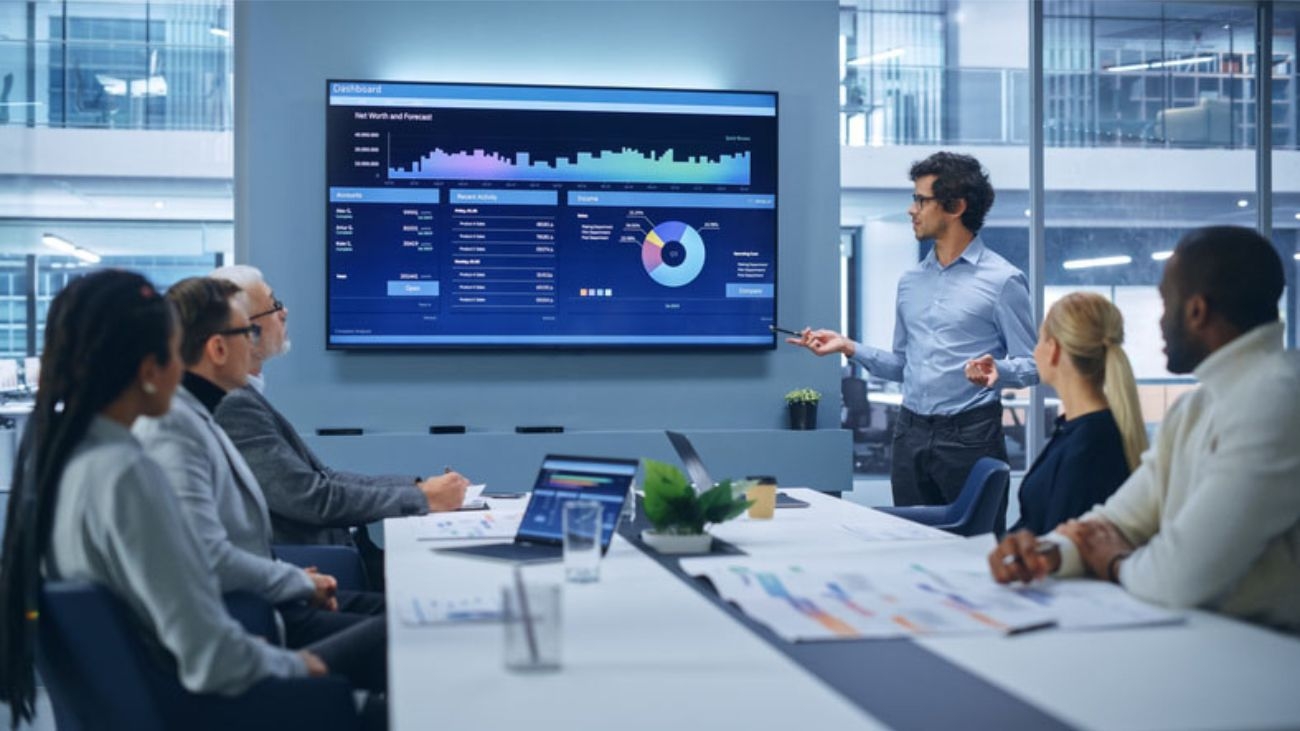In the fast-evolving landscape of healthcare, the integration of technology has become paramount in shaping the future of patient care. Enterprise Resource Planning (ERP) software emerges as a transformative force, redefining care dynamics and paving the way for a digitalized healthcare ecosystem.
The Evolution ERP Software in Care Dynamics
The traditional model of caregiving has been marked by manual processes, fragmented data, and communication challenges. ERP software represents a paradigm shift by centralizing information, automating tasks, and fostering collaboration through one of leading software development company in Florida. This section explores the evolution from conventional care to the dynamic possibilities brought forth by ERP.
Centralizing Patient Data for Informed Care
A cornerstone of ERP’s impact is the centralization of patient data. Unlike traditional methods involving scattered records, ERP consolidates information into a unified platform. Caregivers can access comprehensive patient histories, treatment plans, and real-time updates, enabling them to make informed decisions swiftly.
ERP Software Enhancing Communication and Collaboration
Communication breakdowns have long been a challenge in healthcare. ERP software addresses this by providing integrated communication tools. Care teams can collaborate seamlessly, sharing insights, updates, and care plans in real time. This enhancement in communication promotes a synchronized approach to patient care, reducing errors and improving overall outcomes.
Streamlining Administrative Processes
Administrative burdens often divert valuable time away from patient care. ERP streamlines these processes through custom software development services, automation, reducing paperwork, appointment scheduling, and billing tasks. Caregivers can redirect their focus towards direct patient interaction, resulting in more personalized and efficient healthcare delivery.
Adapting to Dynamic Patient Needs
Patient needs are dynamic, requiring a healthcare system that can adapt swiftly. ERP software introduces agility by optimizing resource allocation. Whether it’s adjusting staff schedules or reallocating medical equipment, ERP ensures that the healthcare system remains responsive to the ever-changing demands of patients and the industry.
Fostering Data-Driven Decision-Making
In a digital future, data holds immense power. ERP software harnesses this power by providing robust analytics and reporting tools by custom software developers. Caregivers can make data-driven decisions, identify trends, and proactively address potential issues. This data-centric approach not only improves patient care but also contributes to the continuous enhancement of healthcare processes.
ERP Software Integrating Telehealth for Remote Care
The future of healthcare extends beyond traditional boundaries, and ERP plays a pivotal role in embracing this evolution. With the integration of telehealth features, ERP enables caregivers to provide remote care. Mobile app development software not only expands the reach of healthcare services but also ensures continuity of care, particularly in situations where physical presence is challenging.
Cybersecurity Measures for Patient Data Protection
As the healthcare sector becomes increasingly digitized, the need for robust cybersecurity measures cannot be overstated. ERP software incorporates advanced security protocols to safeguard patient data. This section delves into the importance of cybersecurity in the context of ERP implementation, ensuring patient confidentiality and trust.
Overcoming Implementation Challenges
While the benefits of ERP in reshaping care dynamics are evident, challenges in implementation may arise. This section explores common hurdles and provides insights into strategies for successful ERP integration. From staff training to addressing resistance to change, overcoming these challenges is crucial for maximizing the potential of ERP in healthcare.
Conclusion
In conclusion, ERP software emerges as a driving force in reshaping care dynamics for a digital future. From centralizing patient data to fostering communication, streamlining processes, and embracing telehealth, ERP is at the forefront of healthcare innovation. As the industry continues to evolve, the adoption of ERP represents a transformative step towards a more efficient, responsive, and patient-centric healthcare ecosystem. The digital future of caregiving is here, and ERP software is leading the way.
FAQs
What is ERP software in healthcare?
ERP integrates tasks, enhances communication, and streamlines processes for optimal care support.
How does ERP benefit caregivers?
ERP empowers caregivers through real-time data access, communication, and resource optimization for enhanced support.
Can ERP improve patient engagement?
Yes, ERP enhances engagement by automating administrative tasks, allowing caregivers more time for direct patient interaction.
What challenges come with ERP implementation?
Challenges may include staff training and overcoming resistance to change, essential for successful ERP integration in healthcare.
How does ERP ensure patient data security?
ERP incorporates advanced cybersecurity measures, ensuring the confidentiality and protection of patient data in the digital healthcare landscape.



